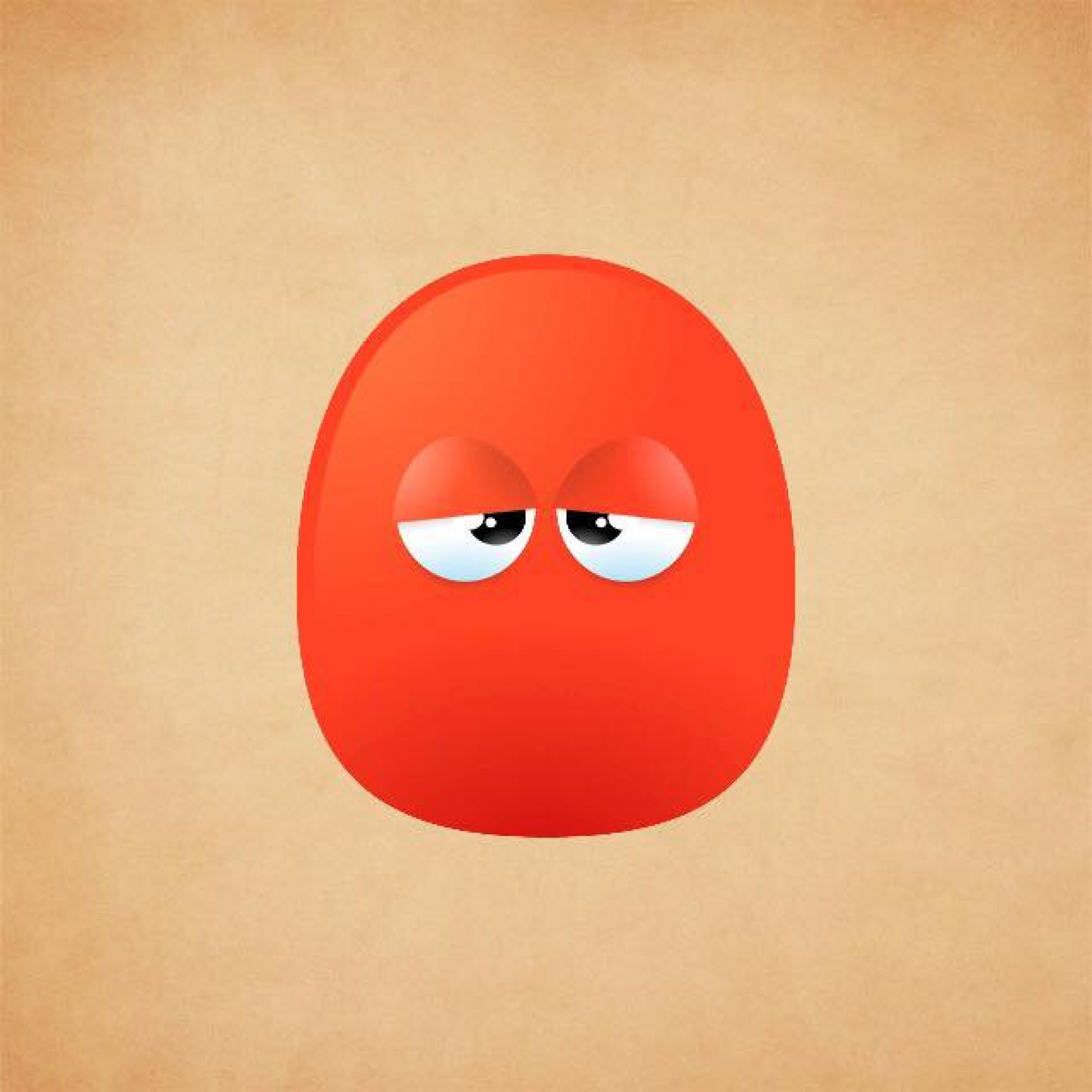
Inflammatory bowel disease,or IBD usually refers to Crohns disease or ulcerative colitis. They are thought to be an autoimmune disease where the body attacks itself causing inflammation, ulcers and many other manifestations.
Crohns can affect anywhere along the gastrointestinal tract, from mouth to anus, and colitis affects the colon (large bowel). They are life long chronic diseases, and although surgery can get rid of ulcerative colitis, you may still get other symptoms affecting your body, that are associated with the disease. Crohns disease cannot be cured.
I had ulcerative colitis for about 30yrs, and when I had a flare up I would spend most of my days on the toilet, feeling very poorly indeed. Because the bowel would be swollen and ulcerated, stool would be thin with a fair bit of blood and pus. Crampy pain would accompany a flare, as would tenesmus, this means that we have the most intense urge to go to the toilet even whilst sitting on the toilet, and passing anything does not relieve that feeling.
Ulcerative colitis starts at the rectum which is proctitis, some people think this is a milder form of the disease but it can still be severe in that one area. If it travels into the sigmoid ( between rectum and descending colon) it is proctosigmoiditis. If it involves the descending colon, it is termed left sided colitis and distal colitis. Pancolitis is when it affects the whole large intestine. I started with proctitis, then it moved through the sigmoid with more in the descending colon. In the past I have had it across the transverse colon too.( see diagram) Normally left sided colitis can be treated with medication, but sometimes as in my case, the bowel was so severe that medication didn’t help. You can have fulminant colitis even if it is only a part of the large bowel, as fulminant means that symptoms are very severe with temperature, distention , continuous bleeding and generally in need of aggressive treatment. You can have fulminant left sided colitis.
Ulcerative colitis is assessed by colonoscopy, sigmoidoscopy, MRI , CT scan, barium meal or enema, stool samples and blood tests. Sometimes you may have indeterminate colitis, which means that the signs and symptoms cannot be differentiated from crohns of the large bowel. This is what mine was called, and even after surgery, it was decided it was MOST likely ulcerative colitis and not crohns disease, so I keep my fingers crossed.
Because the disease was pretty bad in my rectum, I wasn’t a candidate for a J-Pouch. This is surgery that connects the small bowel to the rectum forming a reservoir with some of the small bowel. This can enable a patient to use the toilet normally again. I have now had my rectum removed anyway, so no going back.
As I mentioned, colitis can also cause other problems that may never go away, these are inflammatory manifestations of the eyes, skin, liver and joints. Arthritis is common, as are skin conditions called Erythema nodosum ( deep tender nodules often found on the shins) and Pyoderma gangrenosum which are nasty ulcer type lesions that can vary in size, they are found mostly on the legs but have been found on other parts of the body too. Aphthous stomatitis is a type of mouth ulcer found in Crohns and ulcerative colitis patients. Episcleritis is an eye inflammation affecting the episclera.
Many others are often present but too many to go through with this blog, I suppose what I am trying to put across is that ulcerative colitis is much more than a bowel disease.
Mentally, it is a strain when having a flare up. You are unable to function properly , and although you look reasonably ok, you are often very ill. A lot of people put on a brave face as they don’t want to be seen as a moaning myrtle, who is always ill. If you are lucky like me, you have a supportive network around you. I had to rely on many people before and after surgery, and this was the case over the years too. Flare ups can vary , they can be fairly mild and clear up within a couple of weeks, or they can grumble along for weeks, months and years. When I read of the struggle for some people, I wonder why surgeons are not called in sooner, I certainly wished I had surgery earlier. I think on some occasions ,we are left for far too long by medics who are trying but failing to keep things at bay , and won’t admit defeat. I know this is major life changing surgery, and they are doing what they can to avoid it if possible, but I feel that sometimes it is quite obvious what the outcome will be.
Surgery for colitis is removal of the large bowel, rarely they will rest the bowel with a temporary stoma, but mostly its all or nothing. If you are one of the lucky ones, you can be a candidate for the J pouch surgery, although this is a big surgery with its own risks and failure rates. The rectum can be left for re-attachment, or removed. Mine was removed and sewn shut. It all sounds pretty scary, and it was, but you soon get used to it, and for me it was all worthwhile as I feel very well now.


